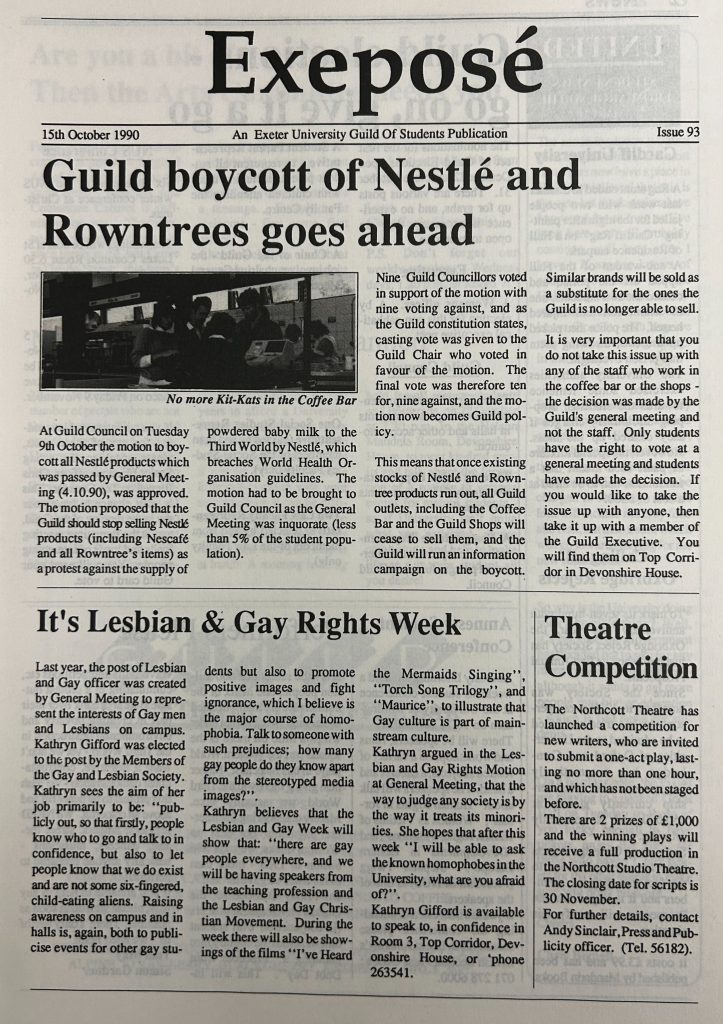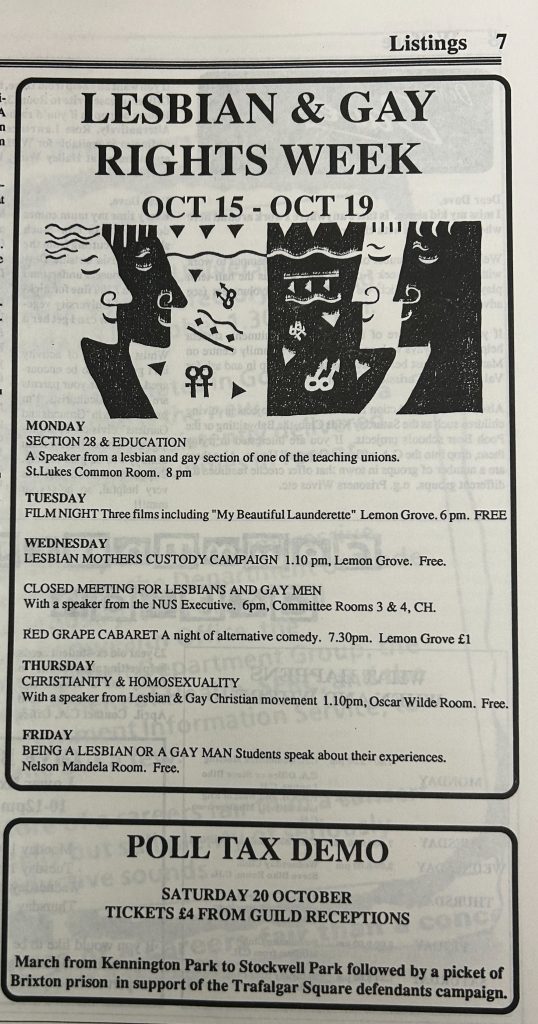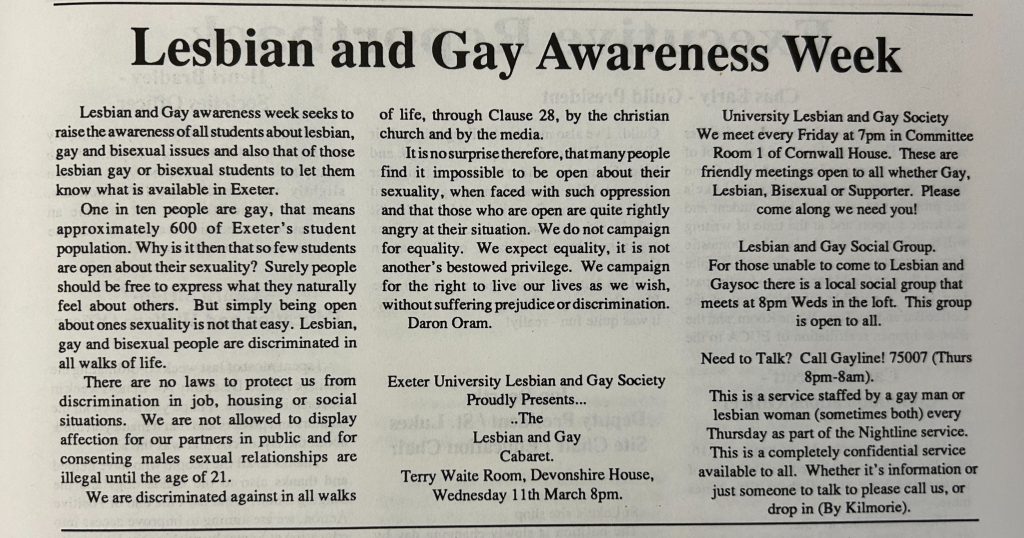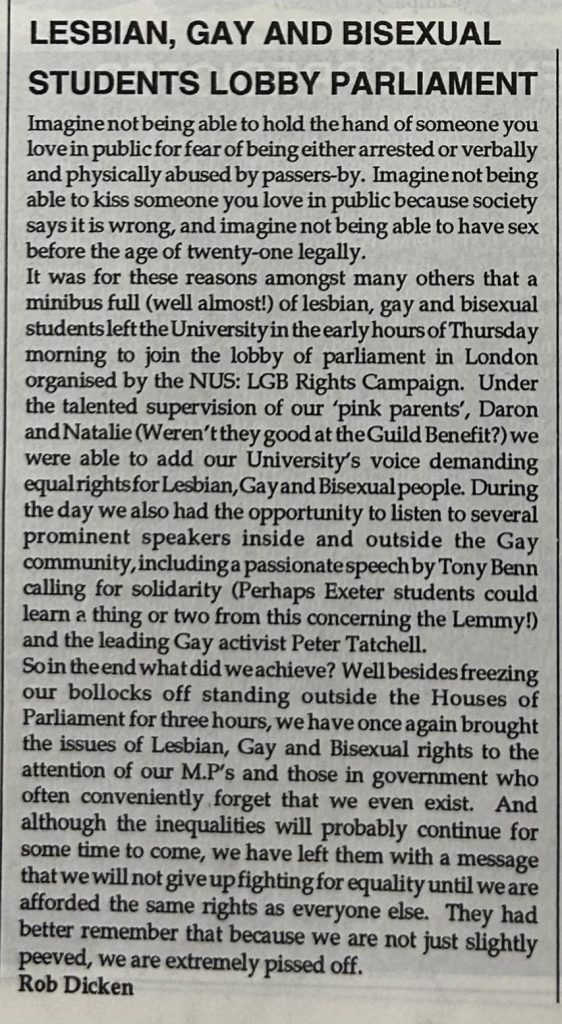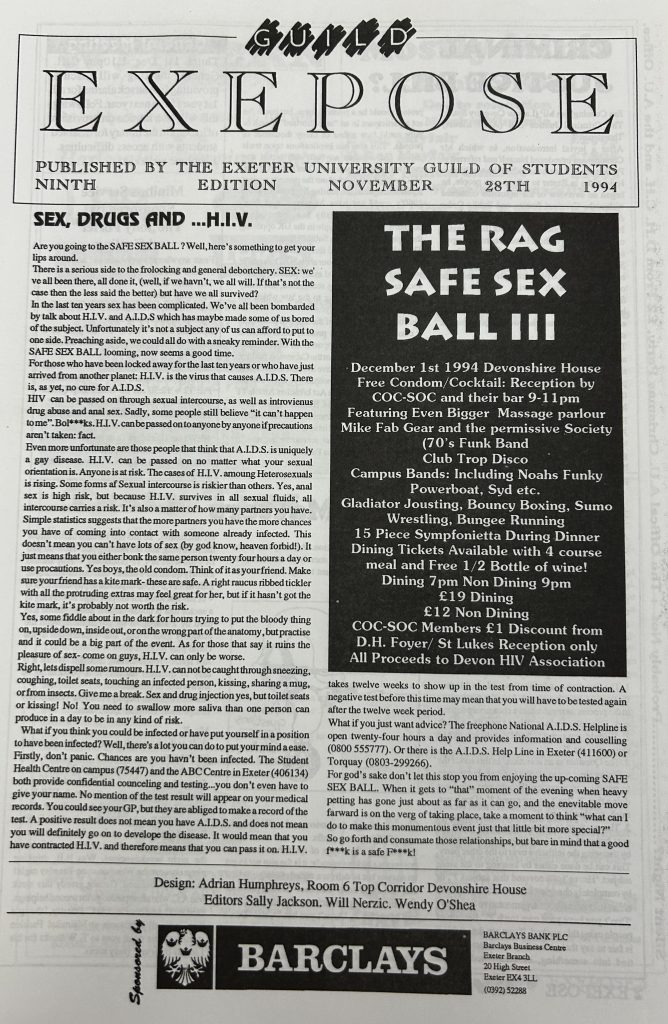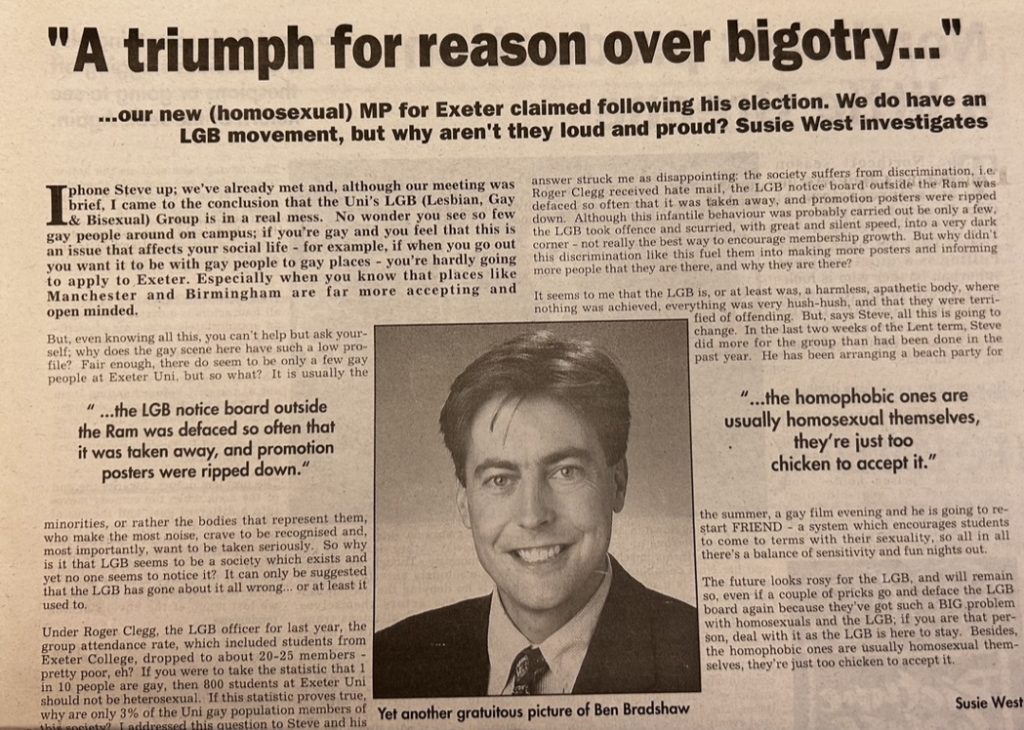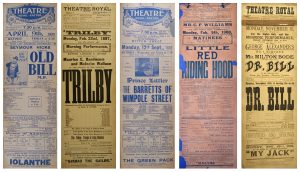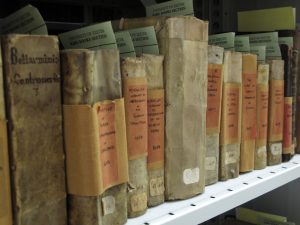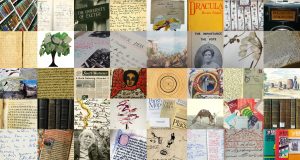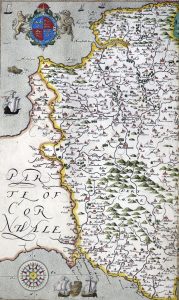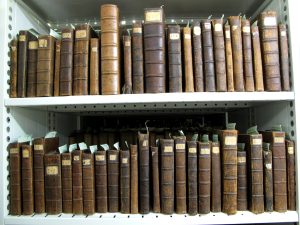We were delighted to be joined last week by Year 12 student Noah for a week of work experience in Special Collections. Below Noah shares some of his impressions and reflections on the experience. We would like to take this opportunity to thank Noah for his excellent work and wish him every success for the future.
On the first day of my work experience placement here I was greeted by Annie, one of the Archivists, and introduced to the very friendly Special Collections staff. Instantly the environment was welcoming and I knew I would have a wonderful week. I was given a tour around the building and shown the strongrooms where there were incredible old books of all different shapes and sizes. I was also given basic handling training which was incredibly informative and the hands-on experience was incredibly entertaining. At the end of the day I was able to relax and work on the box list of old copies of the student newspaper Exeposé in the University Archive, where I was also able to read about student life in the 1990’s including interesting and hilarious events or even political issues and protests.
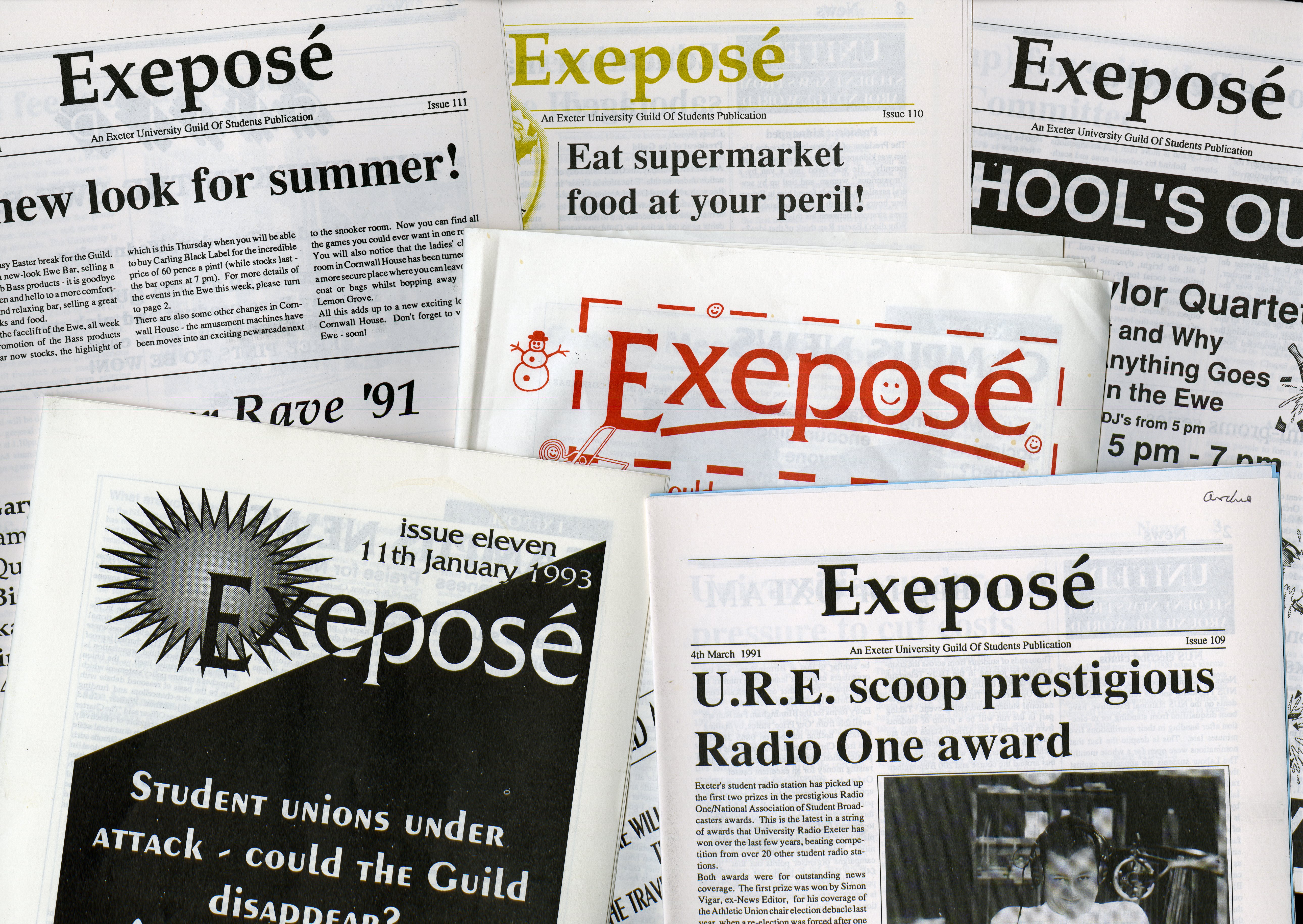
On Tuesday I was introduced to Digital Humanities where me and another work experience student had the opportunity to have little octopuses 3D printed. We were also able to take professional images of an old book that they were digitalising to put online where we were able to experience what it was like to use real equipment. In the afternoon I was able to meet Lisa, a Special Collections Assistant, who showed me the behind the scenes of their catalogues and their list of bugs they’ve caught to keep the strongrooms clean and safe for the archives. Then with the Special Collections Team Leader, Sarah-Jayne, who I met on Monday, I was able to have some practice in retrieving archives for an upcoming event where I was able to learn the organisation process in the archives which I found incredibly informative and fun and was one of my favourite activities because while retrieving the items I was also able to look at them myself and see the incredible detail of artwork and old bookbindings.
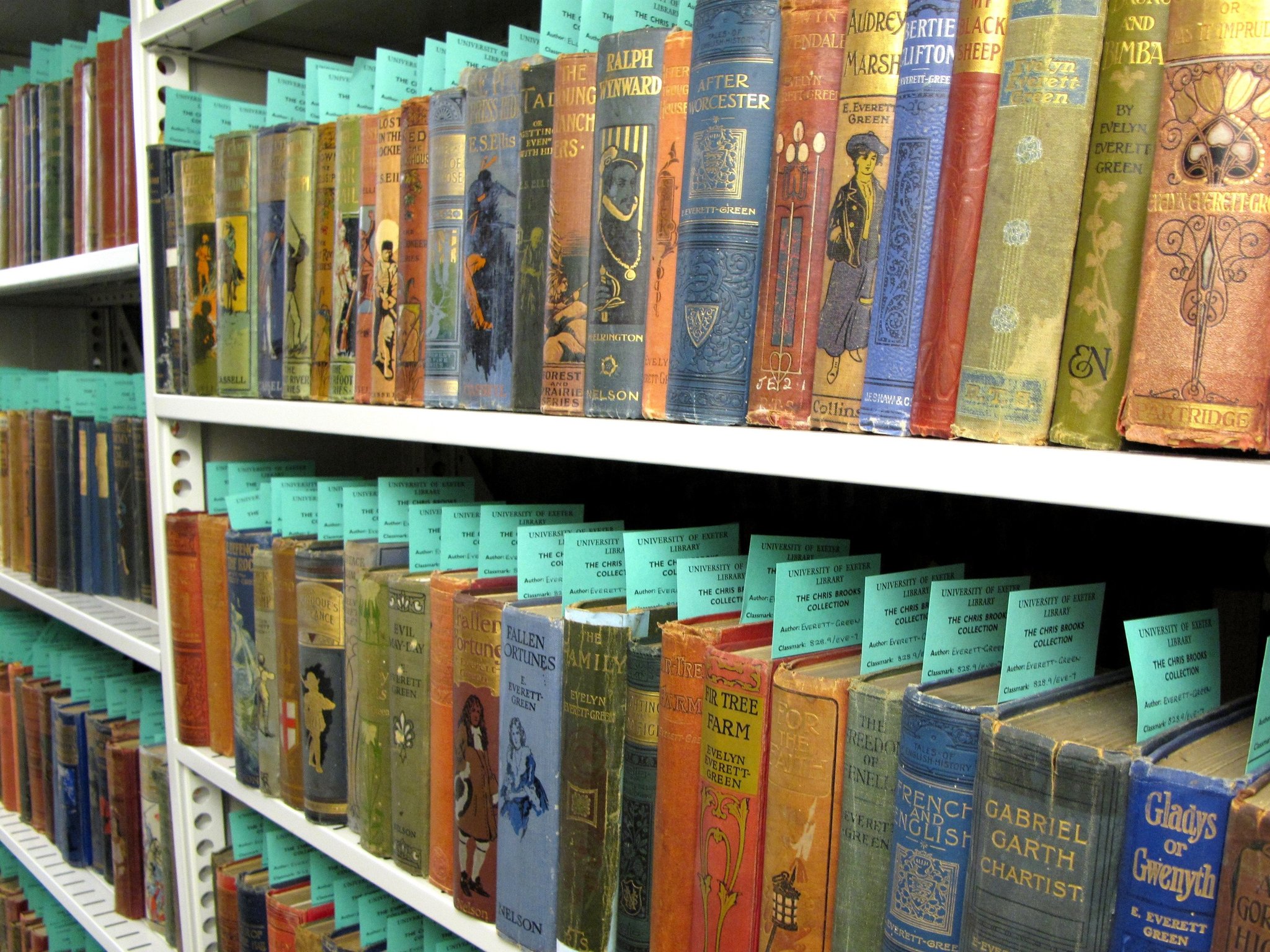
On Wednesday I was given a tour of the Forum Library and was able to briefly meet the friendly staff and get an idea of what it would be like to work there and I was even given some cake. In the afternoon I got to speak to another lovely member of staff, the interim Head of Heritage Collections called Caroline, and hear about her work here which was very interesting and gave me an idea of what it would be like to possibly work in this line of work in the future.
On Thursday I was able to sit in on a marketing meeting with the Library and Special Collections which was informative in giving me an insight into the friendly connections of staff and how they prepare for the new year. Then in the afternoon I was given a tour around the Bill Douglas Cinema Museum by the Assistant Curator Matt, which I found extremely interesting and I loved seeing the displays curated by graduates, the funny collector items and also the educational displays on representations of race in film historically and even recently with Moonlight (2017) being in the display amongst other interesting historical examples of how people of colour had been represented in times of bigotry. I was also able to see old ways of producing film with light and shadows and even old cameras and boxes old film would be stored in.

On my final day, Friday, I was able to continue working on listing Exeposé in the reading room where I read may interesting things even about Luke Pollard the Labour MP for Plymouth Sutton and Devonport, who I had previously seen when he came to my school to talk to us about politics. I found him to be very lovely and was excited to see what he had gotten up to during his university years. I also read about previous Israel boycotts that had taken place in the university which caught my attention due to the more recent media coverage and protests on campus. I was then able to begin writing this blog post before meeting the Special Collections Team Leader Angela, who told me about her role and we even shared a lovely conversation about politics and my politics A-Level.
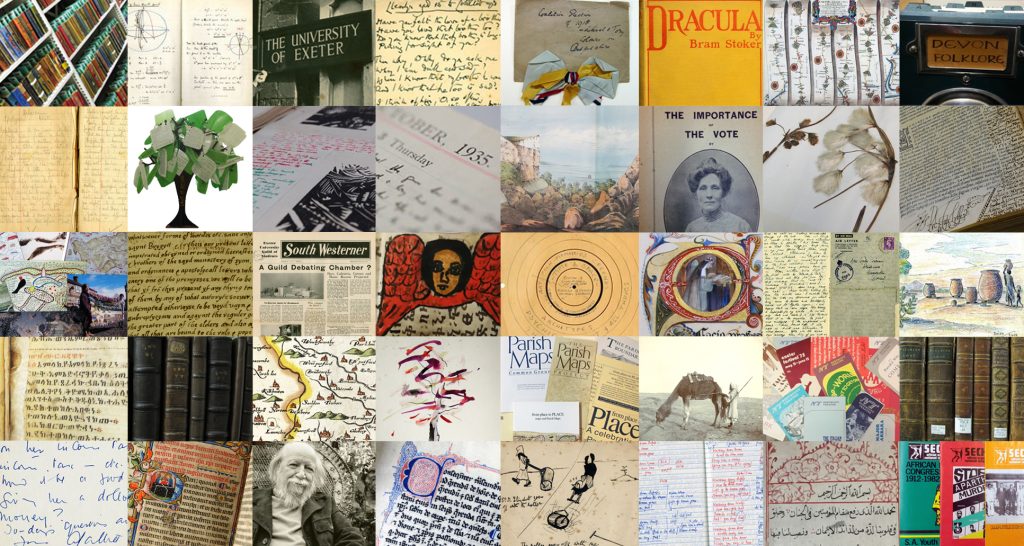
Overall, this week has been filled with information which was all interesting and fun to learn about it was not at all boring and I was rarely sat at a desk doing anything uninteresting. Everyone I met was lovely and its a very inviting environment with everyone being funny, chatty and polite. The hands on work made me consider archiving as a possible future career path and even the work on the computer was interesting and I looked forward to reading more Exeposé every morning as I walked from the train station. It was a lovely and informative week and I would recommend this work experience to anyone who may be considering this as an option or is not sure and would like to test the waters.
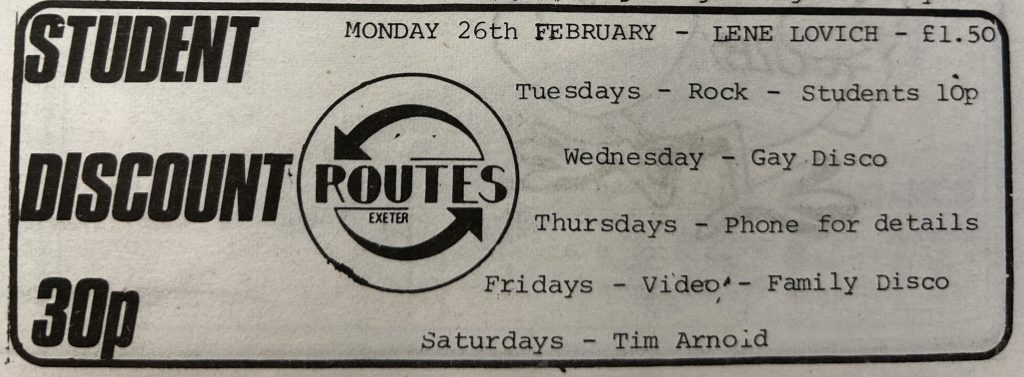
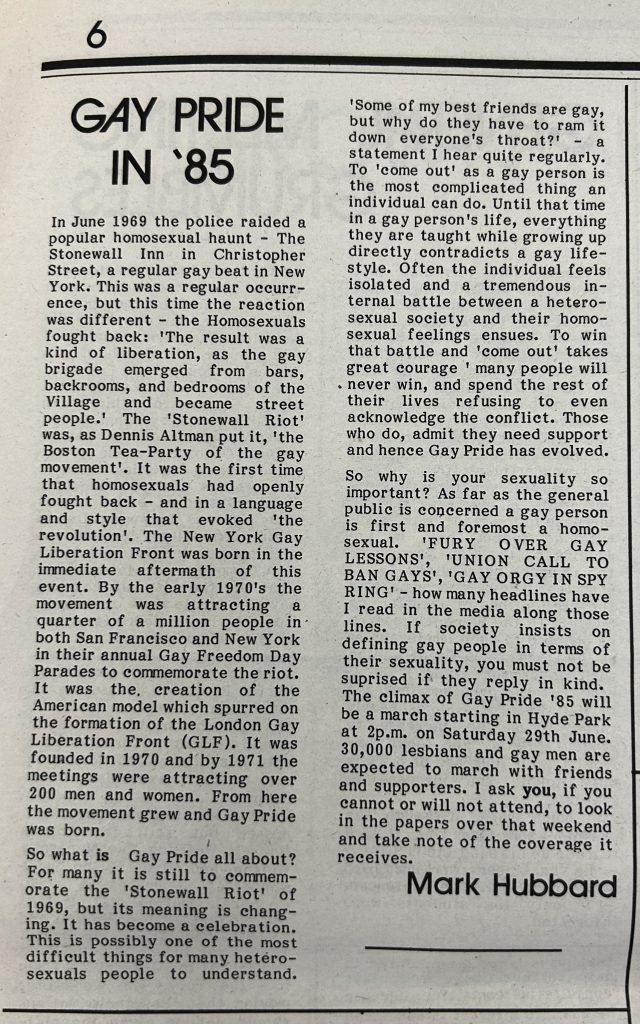

 in 1987.
in 1987.